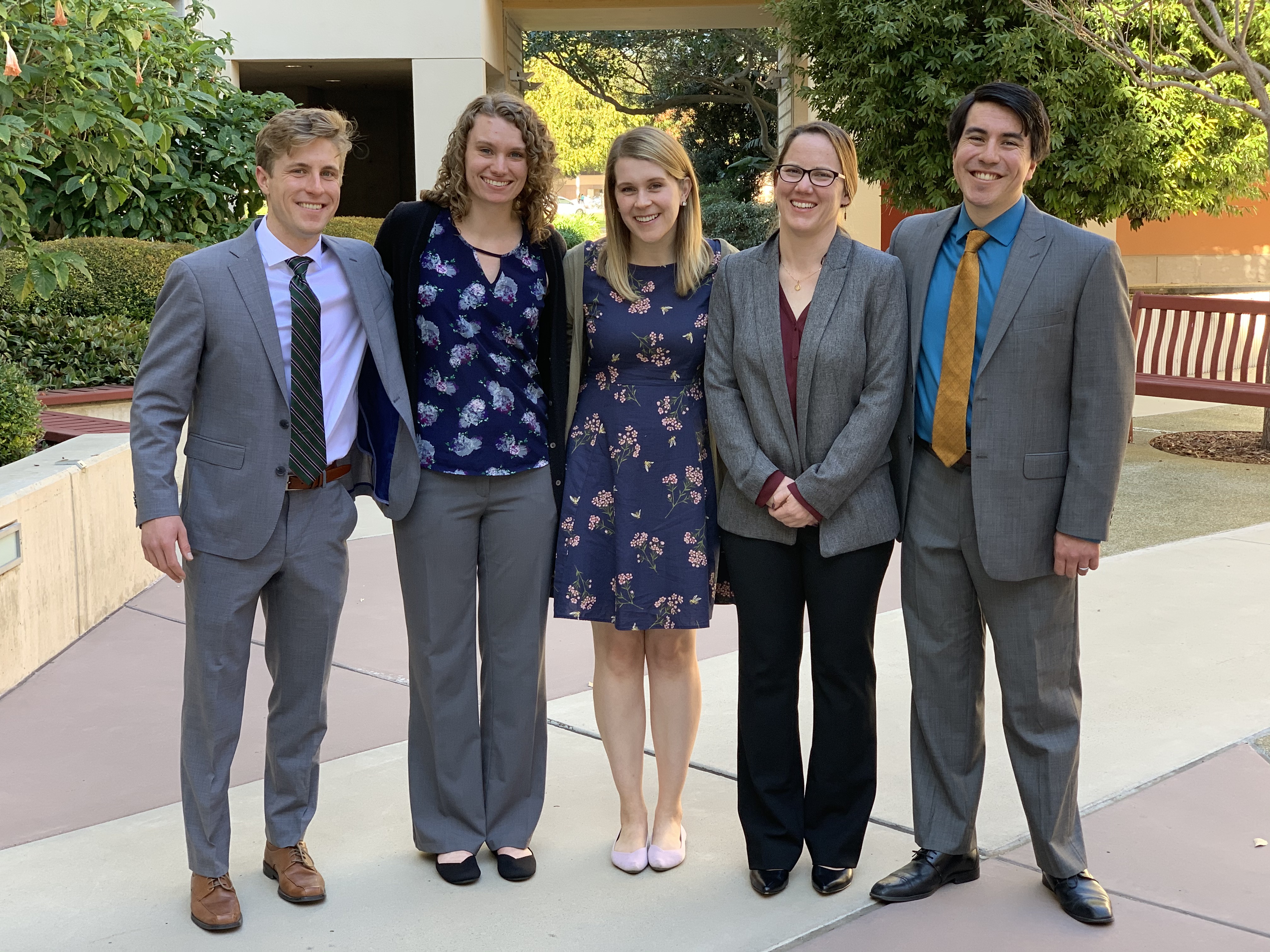Evaluating Connectivity in the Northern Appalachian and Acadian Region to Improve Wildlife Mobility
Group Project Proposal
Final Presentation
Final Report
Brief
Poster

Human infrastructure and urban development are increasingly fragmenting natural landscapes, limiting dispersal and increasing vulnerability of many wildlife species. Accordingly, conservation organizations, such as The Nature Conservancy (TNC) and the Staying Connected Initiative (SCI), have begun modeling and integrating landscape connectivity into their conservation assessments within the Northern Appalachian/Acadian ecoregion. In their approach to map linkage areas, these organizations could potentially benefit from a more comprehensive framework to model and evaluate connectivity and translate regional-scale connectivity assessments into local-scale conservation actions.
This project developed a framework for habitat connectivity in the Northern Appalachian/Acadian ecoregion to improve conservation outcomes through specific conservation goals, enhanced connectivity models, and methods for priority setting. The framework was applied to a case study in the Mohawk Valley of New York State, a new Staying Connected Initiative priority area. The case study informs future road barrier mitigation and land conservation work undertaken by SCI partners, The Nature Conservancy , and the Mohawk Hudson Land Conservancy.